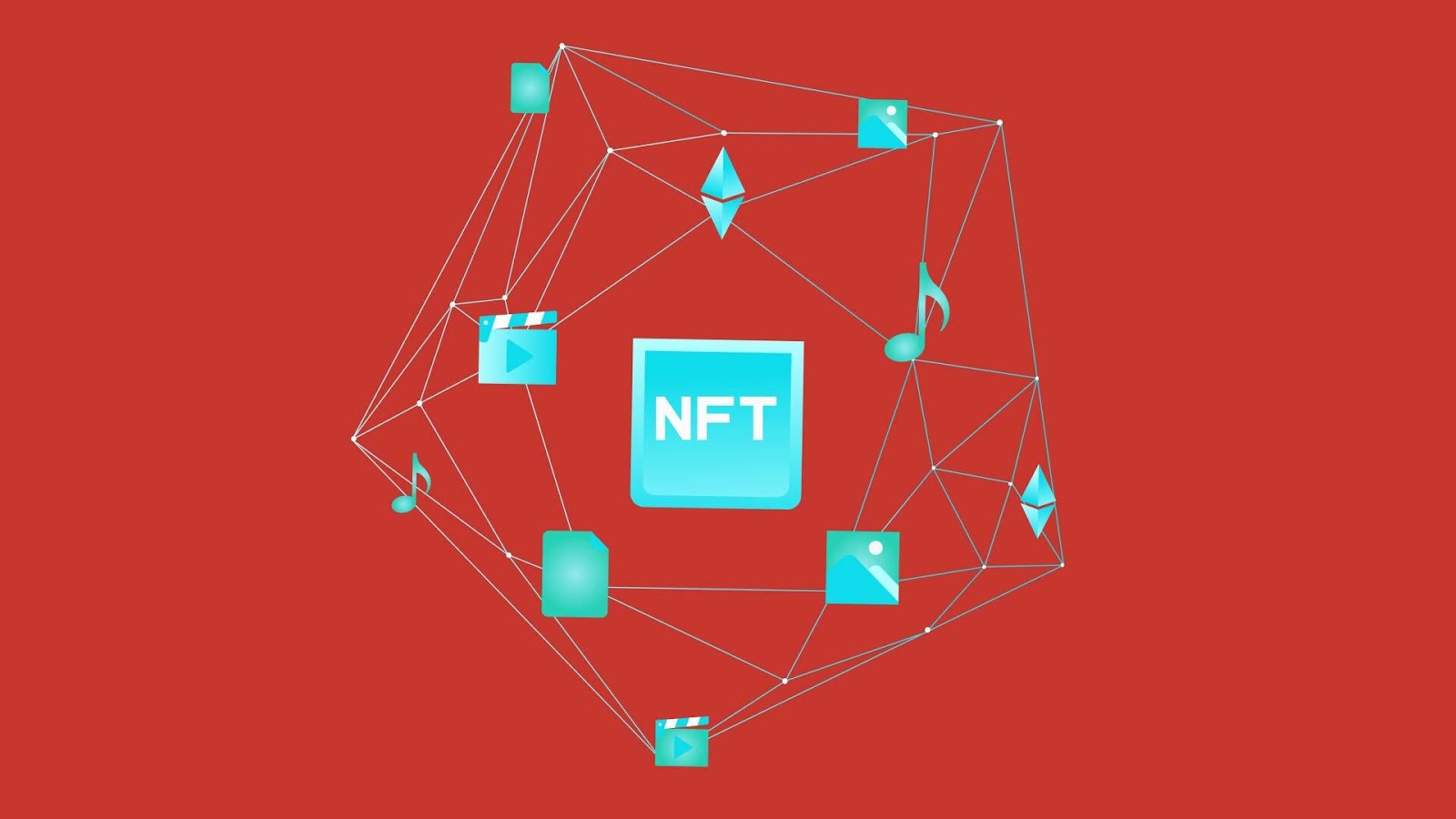In our previous class, we discussed the concepts of “fungible” and “non-fungible”. Today we are about to discuss what a non-fungible token, or NFT, really is. An NFT is indeed a token with a unique identifier. (In programming, a “unique identifier” can be used to identify the name of an item.)
Moreover, NFT creators can store information in their NFTs, information that, together with the identifier, makes an NFT unique and non-interchangeable. Such uniqueness means that you cannot trade an NFT the same way you trade fungible tokens such as BTC, ETH, or TRX.
So, how do we trade NFTs? How can we authenticate an NFT and guarantee the trading efficiency? In fact, such problems also emerge in the age-old circle of art collection. The authenticity of the antique calligraphy or painting to be traded must be endorsed by a third-party professional agency: no one would ever believe in a personal claim.
Even more care is needed for trading virtual items because the cost of counterfeiting a virtual item is lower than that of counterfeiting a physical object: a simple copy-and-paste action can deceive the most well-trained eyes. The advantage of the NFT is that by using a smart contract to record the information of the creator on-chain, NFTs are as tamper-proof as fingerprints, making it much easier to authenticate a digital product.
Furthermore, an NFT’s on-chain record from its birth to transactions facilitates not only its creator to prove its originality but also its buyer to track its transaction history, making the whole process open and transparent. It looks like NFTs may play an important role in the protection of intellectual property.
However, it is also worth noting that there are many NFT creators who steal others’ works to mint NFTs now. The controversy over NFTs is that people need not prove the originality of their uploaded works. This is why the NFT, supposedly safeguarding originality, has become a tool to infringe such rights.
On the other hand, increased trading efficiency made possible by the NFT does bring convenience for both sides. NFT collectors may use blockchain technology to authenticate the product in question, saving the authentication fees charged by third-party agencies; through peer-to-peer transactions with their buyers, NFT creators may also save the cost of brokers.
Most importantly, smart contracts guarantee that an NFT’s creator can get a cut from every transaction of the NFT, thus best protecting the creator’s interest.
As a novel concept, the NFT is far from perfect, but the trend of decentralization it has been leading will undoubtedly be a real game-changer that can cure the headache of inefficiency all over the world.
NFTs are not restricted to the forms of artworks, game items, music, or videos: everything can be made into an NFT. Why haven’t we realized a fully paper-free office in the Information Age, not for now at least? The answer is that we cannot totally trust digital files yet, for they can easily be forged and tampered with.
But every important file such as medical records, documents, and contracts can be digitized and tokenized through the NFT technology in the future. NFTs will make the environment cleaner and lives more efficient. Let us look forward to the infinite possibilities brought by the NFT.
